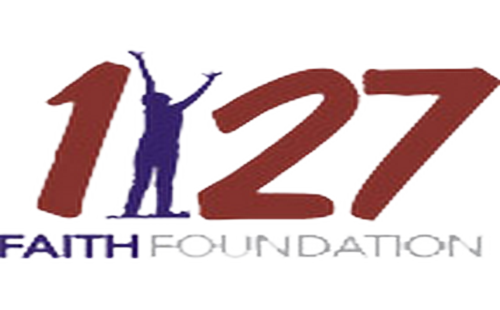
Today's Story

They are California’s most powerless children: abused, neglected, deeply traumatized.
This is how a recently published video report on California’s foster care system, Drugging our Kids, starts out.
For the past four months, the Bay Area News Group has been documenting the alarming use of psychiatric medications in California’s foster care system — and the impact on thousands of vulnerable kids who suffer the consequences.
Here, in Part 5 of our investigative series “Drugging Our Kids,” we present a documentary video that gives voice to many of these young people, who say they were silenced during their youth by the powerful drugs.
From Los Angeles to the Bay Area to Humboldt County, reporter Karen de Sá and photographer Dai Sugano interviewed more than 175 people, including dozens of current and former foster youth who were frequently moved and heavily medicated by a system that struggled to manage their complicated childhoods.
Now, there’s a growing call for change among former foster youth, psychiatrists, public health nurses and youth advocates. The stories of lost childhoods and remarkable resilience provide compelling lessons on how California can better address their trauma and stop “Drugging Our Kids.”
We have found a system that has become dependent on quick-fix profit-driven pharmaceuticals to control troubled children. (Source.)
According to Citizens Commission on Human Rights International:
Of the more than 400,000 children in the U.S. foster care system, it’s estimated that more than 50 percent are on some sort of psychiatric drug.
Money is part of the reason. Foster parents are paid more to take care of a child with mental health issues.
On average, a foster family earns about $17 a day for taking in a child who needs a basic level of care. But a child who is taking drugs such as antidepressants, antipsychotics, mood stabilizers, anxiety medications or anticonvulsant medications is worth around $1,000 a day.
And foster parents are not responsible for paying for the medicines, either, as they are covered by Social Security.
Many child and human rights advocates are concerned about the dramatic number of children who are classified as “special needs” after entering the foster care system. One reason doctors, psychiatrists and therapists may not be speaking out against the unnecessary drugging of these children is because those who prescribe the drugs often benefit financially, receiving big payouts from pharmaceutical companies. (Source.)
Please watch the video above and listen to the foster children themselves describe what it is like to be prescribed mind-altering drugs that are not even approved for use on children.
Then Jesus said to his disciples, “If anyone would come after me, he must deny himself and take up his cross and follow me. For whoever wants to save his life will lose it, but whoever loses his life for me will find it. What good will it be for a man if he gains the whole world, yet forfeits his soul? Or what can a man give in exchange for his soul? (Matthew 16:24-26)

StevieRay Hansen
Editor, the127.org
The 127 Faith Foundation understands the pain and sorrow associated with being a throwaway child, We push this throwaway child towards bettering their education, be it junior-college are going for a Masters’ degree. This program is about them because they determine by the grace of God if they’re going to be a pillar in the community or a burden on society. Some of the strongholds orphans deal with are: fear, resentment, bitterness, unforgiveness, apathy, unbelief, depression, anxiety, lust, anger, pride, and greed. Many of these strongholds do open the door to addiction. Please Help The 127
PayPal.Me/the127faithfoundatio
Jesus come quick, there is nothing left in society that’s sacred….
Recent Posts
StevieRay Hansen’s Commentary…
There are 159 million children across the globe who are defined as orphans, (Source) These children, and others, are a risk for poverty, health concerns, neglect, and abuse. What happens…
Failure is NOT Final
To fail from time to time is only human, but to be a “failure” is when we are defeated by failure, refusing to rise and try again. Christians sometimes believe…
- « Previous
- 1
- …
- 8
- 9
- 10
Search Our Site
Founder's Story




[…] HNewsWire […]